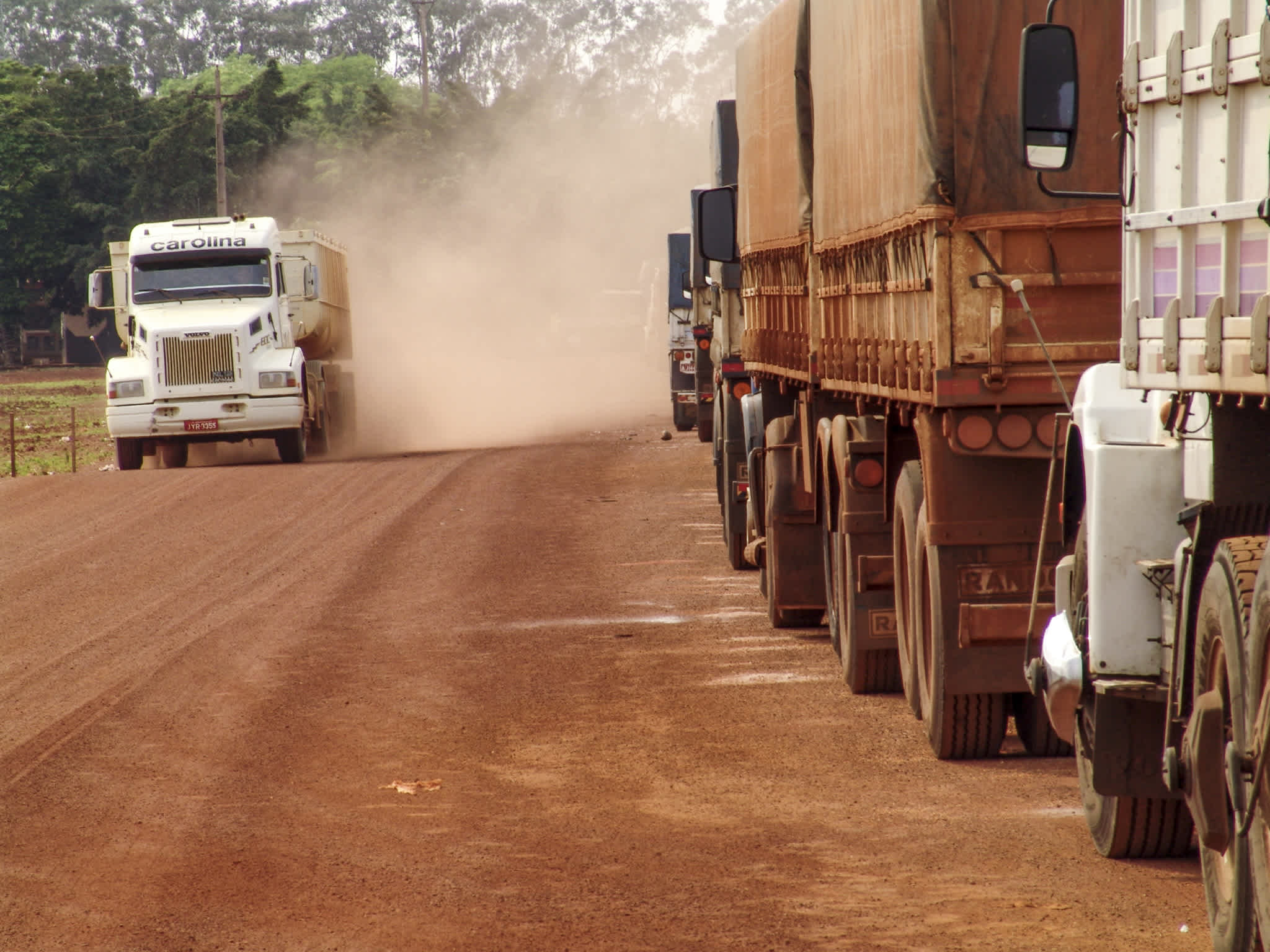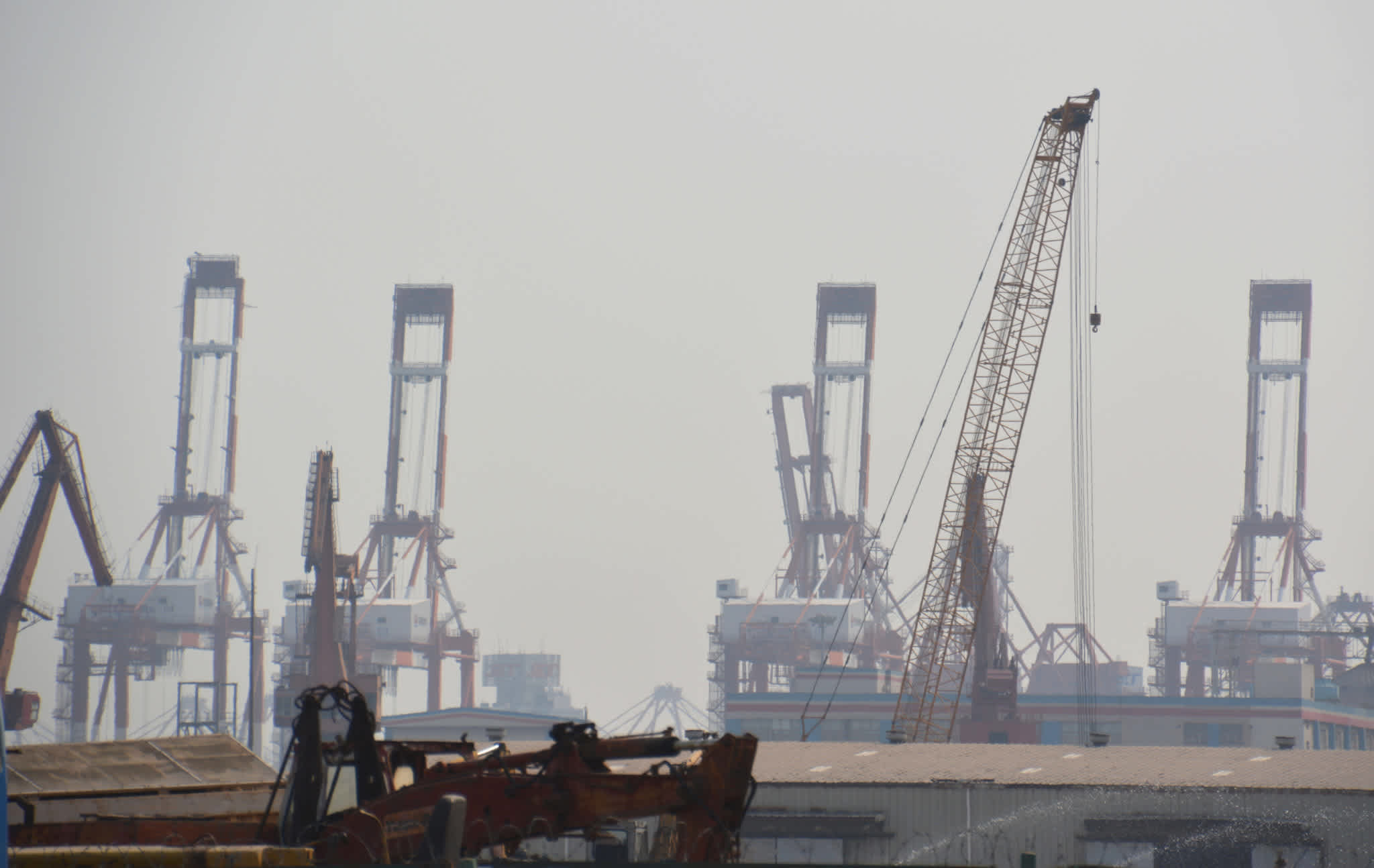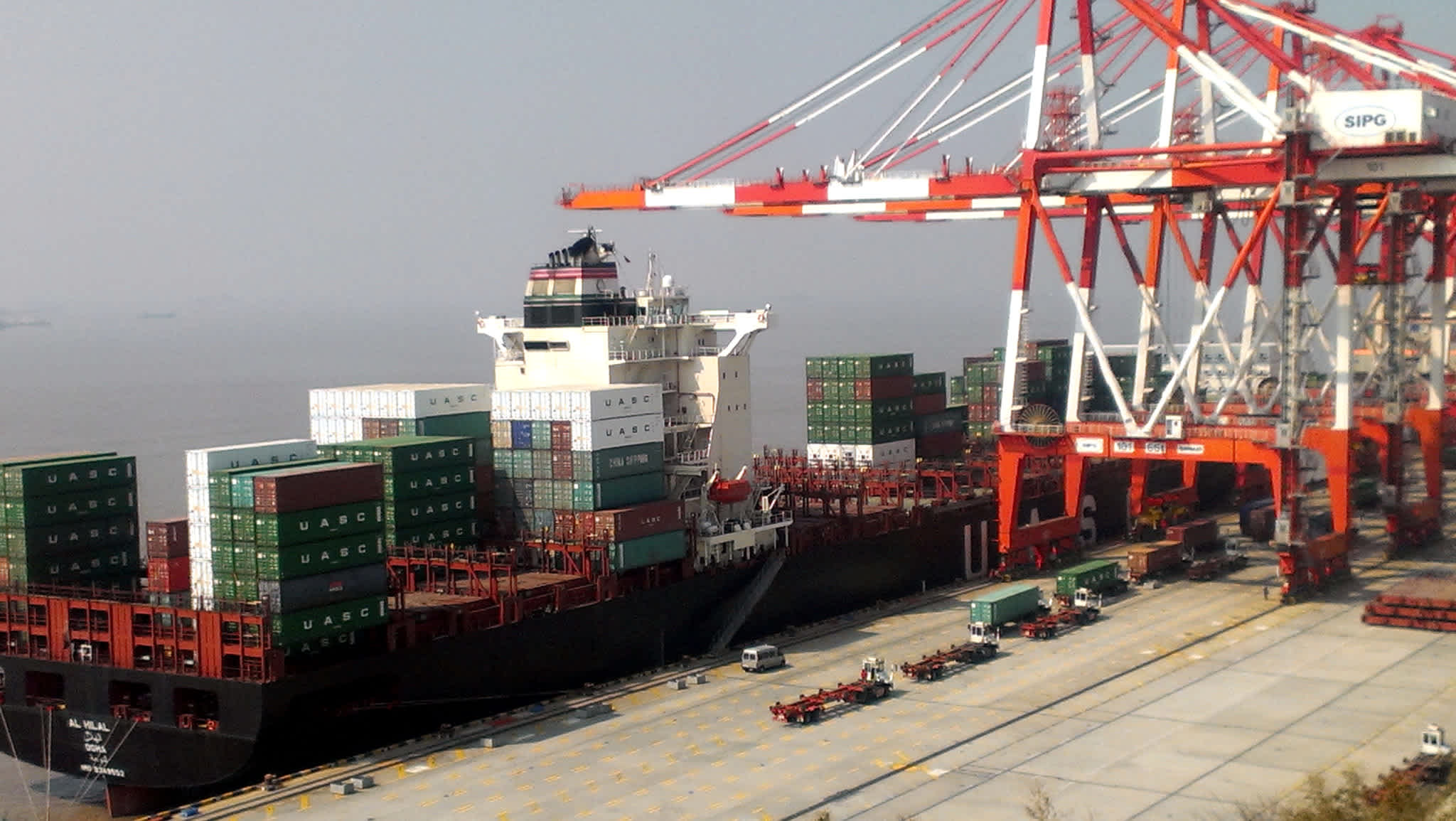
01.06.2018
How Brazilian crude oil prices killed 100 million chickens
How Brazilian crude oil prices killed 100 million chickens
For ten days now, a trucking strike has paralyzed the Brazilian economy. While the so called “mega-strike” has far-reaching consequences for global commerce, it hasn’t quite received the same attention in the American press as it has abroad.
Here at Flexport, we’re tracking events like these as they affect our clients and disrupt global supply chains. This strike represents a fascinating example of how a relatively focused piece of the supply chain can have immense downstream effects.
How the problem started
Global crude oil prices have been steadily rising since last summer, and the freight industry has been feeling the squeeze at several levels. Carriers have begun implementing bunker surcharges to counteract the rising fuel costs–with CMA CGM joining Maersk Line and Mediterranean Shipping Company in adding the new fees to their outlooks.
Nowhere is this rise in prices more keenly felt than in Brazil, where the embattled government, and state-owned Petrobras, have been dealing with inflation and a slow recovery from the Great Recession of 2008.
In response to the rise in fuel prices, Petrobras decided to pass the increase on to their customers–including the country’s large and influential trucking sector. As rail and other modes like river barges are considered undeveloped, trucking is the primary method of transporting goods throughout the country.
This, as it turns out, was not a good move by Petrobras.
What happened next
To protest the soaring and unpredictable cost of Petrobas fuel, hundreds of thousands of Brazil’s nearly one-million drivers took to the streets and blocked access to several of Brazil’s largest ports, including Santos and Paranaguá.
The results have been felt not only across the fifth-largest economy in the world, but also among all of the trading partners who depend on exports like meat, iron ore, soybeans, and other commodities.
Protesters claimed roads in 23 states, including four points along the crucial BR-163 highway, letting only passengers and emergency vehicles through the blockades.
Gas stations quickly ran out of fuel, and long fill-up lines clogged the roads, resulting in painful commutes, and many workers unable to get to their jobs.
Airports also ran out of jet fuel, restricting access to the Capital Brasilia, where President Michel Temer’s government is up for an election in October.
The costs
What happens when an export economy can’t export their goods? Brazil’s massive agricultural industry was forced to undergo a drastic culling program of some of its livestock. Reports have quoted that 64 million chickens have already been destroyed–and if the strike continues, a full one billion chickens (and 200 million pigs) are set to follow, representing a $350 million loss.
Nearly 4000 trucks of beef are rotting on the sides of highways, and only 2 out 209 beef processing plants are still in operation.
A local trade lobbying group for farmers says the strike could end up costing as much as $1.76 billion in lost goods.
On Monday, many schools and universities had to shut down indefinitely.
The outlook
The trucking unions and the Brazilian government have been slowly showing signs of negotiation. A limited reduction in fuel prices has netted an easing of some roadblocks, as city buses resumed operations with 70 percent capacity in Rio de Janeiro.
“We are on the road to normalization. It’s not going as quickly as we’d like, but we can see a return (to movement). There’s much more than yesterday and tomorrow will certainly go much better than today,” government chief of staff Eliseu Padilha told journalists.
The effects on trade in and out of South America will continue to be felt for some time. Carriers are still adjusting freight rates, and exporters are getting rolled at Paranaguá. Air capacity is also at a premium. Flexport is actively working with our partners in the region to find solutions as the system stabilizes.
As Temer’s government tries to thread the needle between paying down debt, and keeping a hand on artificially low fuel prices, it’s clear that a fulcrum of power has been laid bare by the trucking unions. Their protest shows that disrupting even a relatively small part of the supply chain (drayage around a handful of ports) can have global consequences.
And it’s not over yet. Oil worker unions announced their own strike on Wednesday, protesting for a reduction in fuel prices and the sacking of Petrobras president, Pedro Parente.





